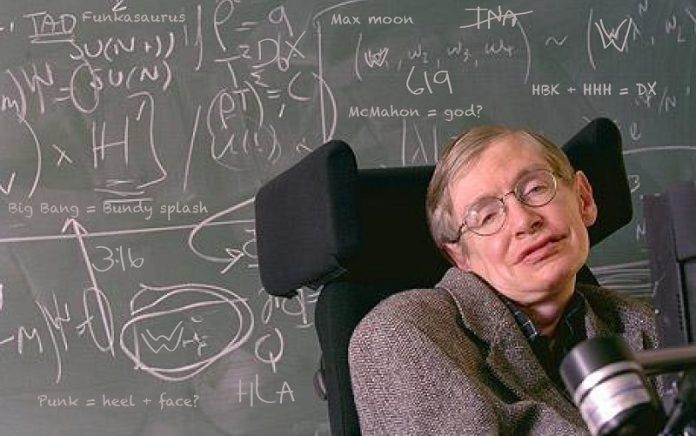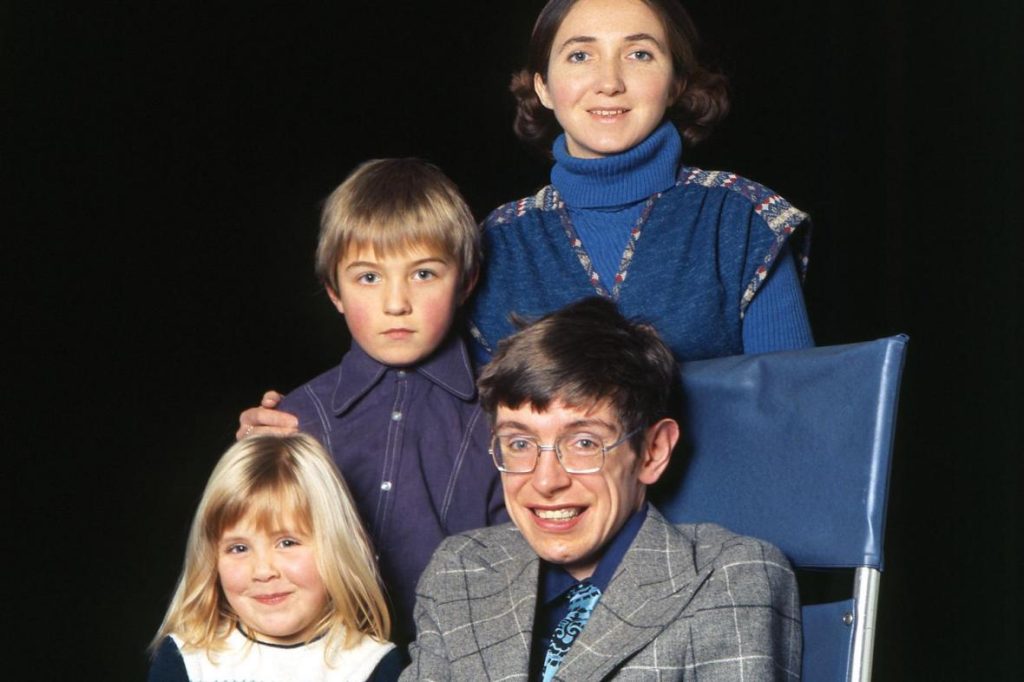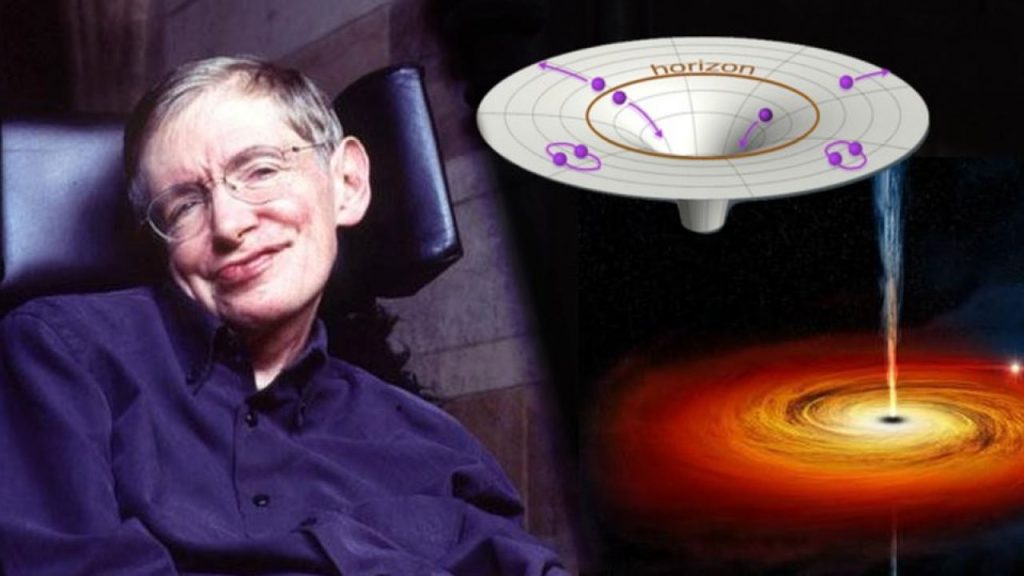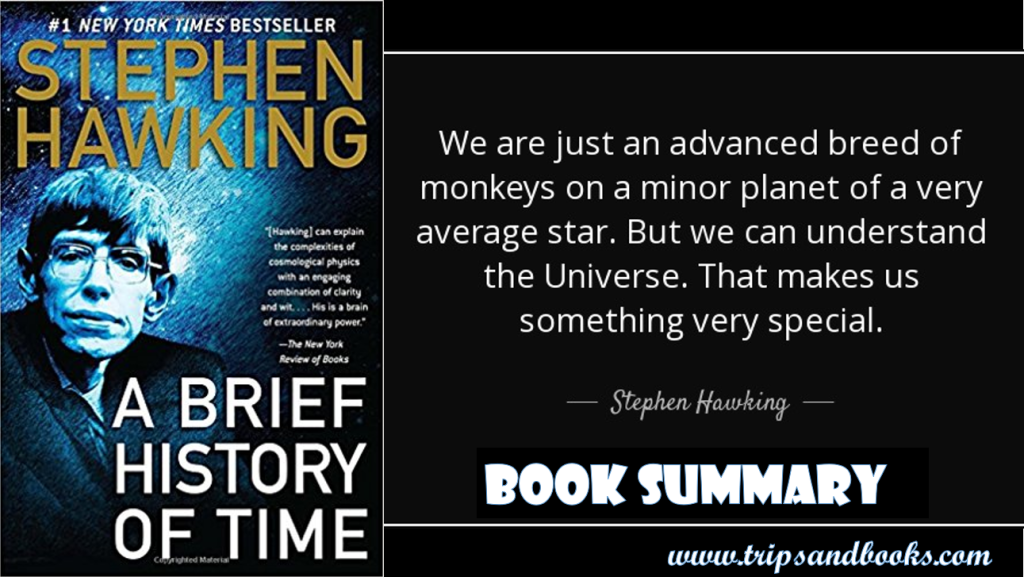
Stephen Hawking and ‘The Brief History of Time’
Date:

Share post:
Stephen Hawking was the man who saw a universe without limits. He was a British physicist, scientist, mathematician, and cosmologist. An intellect with a super-human mind and one who turned down a ‘knighthood’. People knew him for his theories on Big Bang and Black holes, for fictional and non-fictional writings that made physics interesting, for contesting the existence of Higgs boson and questioning the need for the state of Isreal. Hawking is the only scientist who spent years in a wheelchair with a PC that uses a special interface called EZ Keys, to conquest a disability to reach unbelievable great heights. The world remembers him as a genius scientist with a disability and author of ‘The Brief History Of Time’.
Stephen Hawking, the genius
Stephen Hawking had an IQ of 160, which was even greater than most of his contemporaries, mathematicians, and physicists who averaged between 125-130. Surprisingly Hawking took an IQ test only after he was diagnosed with the motor neuron disease called Lou Gehrig’s disease or ALS to confirm if the disease was affecting his brainpower and to see if he had ‘lost his genius’. Well, that never actually happened.
Stephen William Hawking was born in Oxford, England, on January 8, 1942, to Frank and Isobel. His parents were well educated. While his father was a tropical medical researcher, his mother was one of the first female students to have graduated from Oxford University. His father hoped he would take up medicine but Stephen became inclined towards mathematics and physics. He got a degree in natural science from the University College Oxford and then went on to pursue cosmology at Trinity College Cambridge. It was his doctorate thesis on black holes that got him interested in the topic which would in later years earn him recognition and awards.

Stephen Hawking CH CBE FRS FRSA and ALS
Hawking’s career didn’t exactly start as he expected it to. In 1962, when he arrived at the University of Cambridge, to do his PhD, he was informed that his chosen mentor Fred Hoyle, the best British astrophysicist then, would not be available to guide him. Instead he was assigned to Dennis Scaima, a physicist no one had heard of. Later, it did eventually work out in his favor since Sciama was more around than Fred Hoyle. Besides, his discussions stimulated the young Hawking. Though Sciama was never for the ‘big bang’ theory (named in mockery) he continued to encourage Stephen to investigate the beginning of time.
In the same year while Hawking had just embarked on his studies on cosmology doing his Ph.D., he was diagnosed with amyotrophic lateral sclerosis (ALS), a degenerative motor neuron disease that affects voluntary movement of the muscles. He was told he had two years to live but he carried on studying. Cambridge began to recognize his talents and instead of turning him away on account of his physical condition, encouraged him to further his studies and research until he earned his doctorate in 1966.
While his physical side was getting worse, his emotional life began to improve. He got engaged in 1964 and later married Jane Wilde on July 14, 1965, his reason and purpose to live. They had three children, Robert, Lucy, and Timothy. By the late 1970s the illness left him in a wheelchair and largely unable to speak except through a voice synthesizer. In February 1990, he left Jane to marry his nurse Elaine Mason but they divorced in 2006 with speculations rife about him being physically abused. In 2006, he returned to Jane, his children and grandchildren. In 2007, Jane’s book was released – Travelling to Infinity: My Life with Stephen, which in 2014 got made into the movie, ‘The Theory of Everything’.

Stephen Hawking’s discoveries and contribution to Science
Hawking was one of the first scientists who explained cosmology by putting together the general theory of relativity and quantum mechanics. He was a strong believer of the many-worlds interpretation of quantum mechanics. His discovery’s include: –
- In collaboration with Roger Penrose, the Oxford mathematician, his work on gravitational singularity theorems showed that if there was a Big Bang, it must have started from an infinitely small point – a singularity.
- He discovered that black holes leak energy and fade to nothing. His theory about black holes emitting radiation was named Hawking radiation.
- He predicted the existence of mini-black holes at the time of the Big Bang. These black holes would have shed mass until they vanished, potentially ending their lives in an explosion that would release vast amounts of energy.
- In the 1970s, Hawking considered whether the particles and light that enter a black hole were ultimately destroyed if the black hole evaporated. Hawking initially thought that this “information” was lost from the Universe. But the US physicist Leonard Susskind disagreed. These ideas became known as the information paradox. In 2004, Hawking conceded that the information must be conserved.
Hawkings, The author and more
Prof James Hartle, who worked with Hawkings to create the Hartle-Hawking wavefunction to explain the Big Bang, said Prof Hawking had a “unique” ability to “see through all the clutter in physics” and get to the point.
This is what made him an extremely interesting science author. Stephen Hawkings authored 8 books and co-authored another 5 mostly related to science and the cosmos. His most popular book ‘A Brief History of Time’ was first published in 1988. It appeared on the Sunday Times bestseller list for a record-breaking 237 weeks and sold over 25 million copies.
What caught the attention of readers was getting to know more about the Universe in non-technical terms. Hawkings explained the structure, origin, development, and eventual fate of the Universe. He wrote about space and time, the expanding universe, basic building blocks that make up the Universe (like quarks) and the fundamental forces like gravity that govern it. He also wrote about cosmological phenomena such as the Big Bang and Black Holes. There were later editions in 1994, 1996, 1998 and in 2005.
Also an App based on the same book was produced in 2016 and is now available on iOS.
These 5 films are inspired by Stephen Hawkings: –
- The Theory of Everything (2014)
- Hawking (2013)
- Beyond the Horizon (2009)
- Hawking (2004)
- A Brief History of Time (1991)

Achievements and Award
- 2013 Special Breakthrough Prize in Fundamental Physics
- 2009 Presidential Medal of Freedom, the highest civilian award in the United States
- 2008 Fonseca Prize
- 2006 Copley Medal
- 2002 Ranked number 25 in the BBC’s poll of the 100 Greatest Britons
- 1989 Princess of Asturias Award for Concord
- 1988 Wold Prize in Physics
- 1987 Dirac Medal of the Institute of Physics
- 1985 Gold Medal of Royal Astronomical Society
- 1981 Franklin Medal
- 1979 Albert Einstein Medal
- 1978 Albert Einstein Award
- 1976 Hughes Medal
- 1976 Dannie Heineman Prize for Mathematical Physics
- 1975 Eddington Medal
Passing away in Peace
At the age of 76, on March 14, 2018, Stephen Hawking passed away at Cambridge, United Kingdom. On his tombstone is the Bekenstein-Hawking entropy equation which he wanted to be engraved as it hinted at the ‘Theory of Everything’ in Physics.
When news spread of his death, The Motor Neurone Disease Association, of which Prof Hawking had been a patron since 2008, reported that its website crashed because of an influx of donations to the charity. A man who was given 2 years to live, not only continued to live a life but contributed to science the work of lifetimes.
He once said, ‘Look up at the stars and not down at your feet’. Today as we look up at the stars, we see you smile back at us – Stephen Hawking, the man who embodied the strength of the universe!


